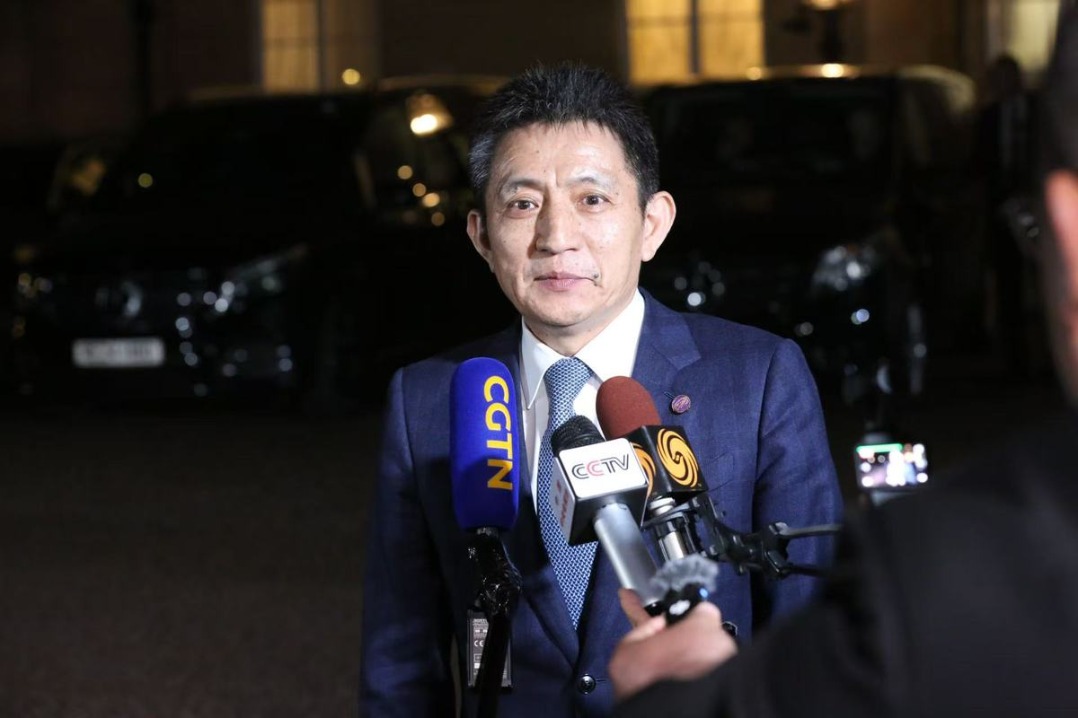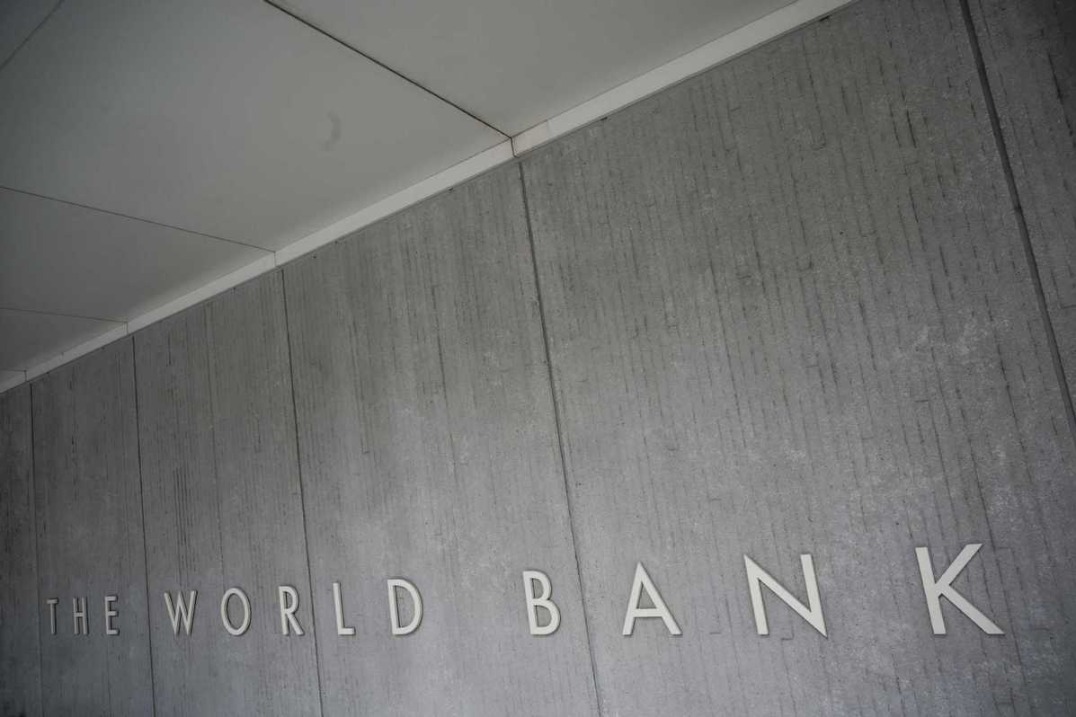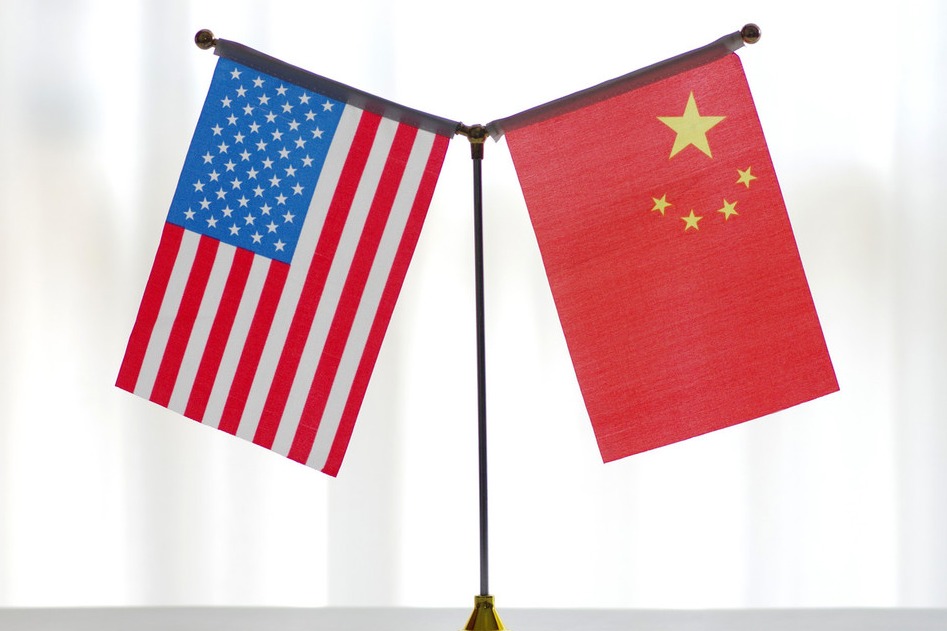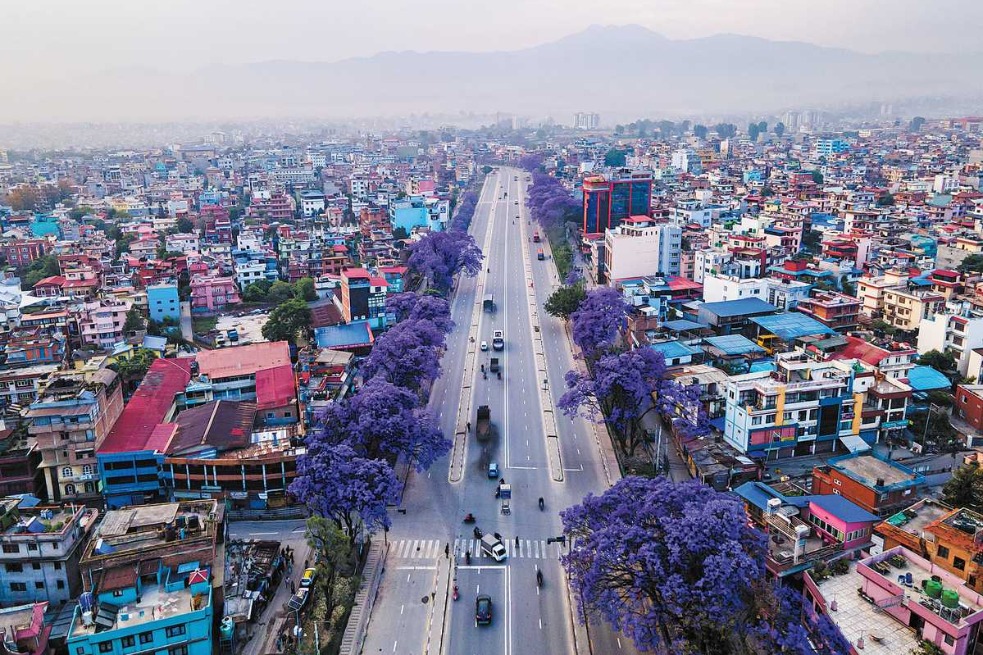Hunan eyes progress in partnerships with Africa

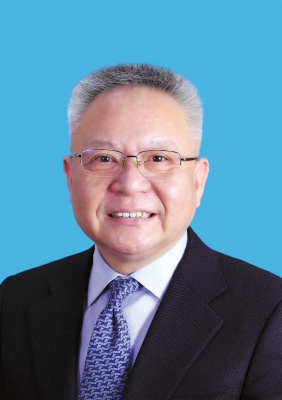
Central China's Hunan province aims to boost economic and trade cooperation with Africa by exploring new business models and strengthening institutional innovation and policy coordination, said Shen Xiaoming, Party secretary of Hunan.
He made the remarks in an exclusive interview with China Daily ahead of the fourth China-Africa Economic and Trade Expo, which will open in Changsha, the provincial capital, on Thursday and run through Sunday.
"We will continue to focus on expanding and upgrading new barter trade with Africa, while promoting the integrated development of production, industry and trade," he said, adding that these measures will further elevate Hunan's trade capacity with Africa and contribute more to the building of an all-weather China-Africa community with a shared future for the new era.
Shen noted the province's long history, solid foundation and broad prospects in promoting exchanges and cooperation with the African continent. Hunan's foreign trade volume with Africa has ranked first among provinces in central and western China for five consecutive years.
Hunan is well-positioned in equipment manufacturing, energy and power, mining and mineral processing, and comprehensive agricultural development, he said, adding that these advantages align closely with African countries' needs for industrialization and agricultural modernization.
The province is actively exploring the implementation of pilot reforms in new types of barter trade with African countries, introducing policies and measures such as moving inspection and testing institutions closer to the entry point. These efforts aim to attract more African and Chinese enterprises engaging in bilateral trade to Hunan.
To date, 103 new barter trade transactions have been completed, placing Hunan on top in China in terms of Africa-oriented barter trade volume.
According to Shen, Hunan is making vigorous efforts for the construction of "a highland for reform and opening-up in inland China".
The focus points include implementing a comprehensive reform for the market-based allocation of production factors in the Changsha-Zhuzhou-Xiangtan metropolitan area, promoting the China-Africa Economic and Trade Expo, and boosting alignment with and integration into major national initiatives.
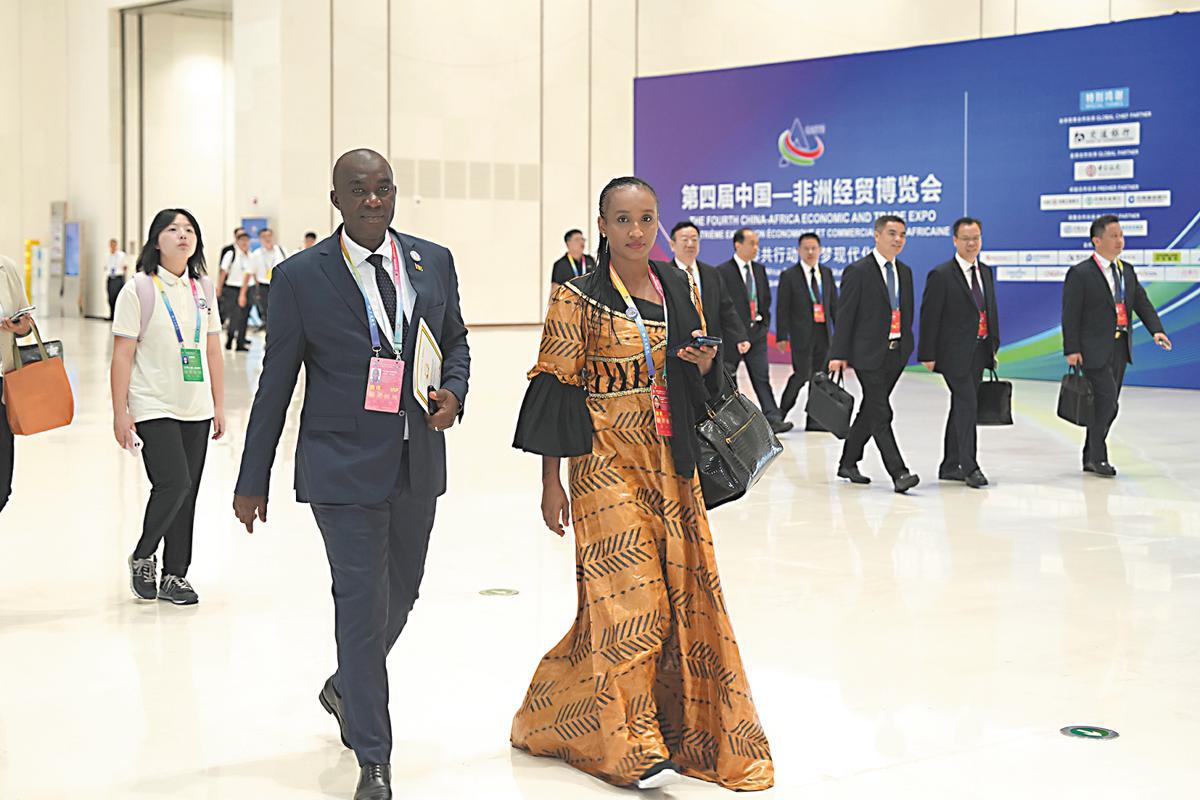
The initiatives include the rise of Central China strategy, the Yangtze River Economic Belt, the Guangdong-Hong Kong-Macao Greater Bay Area, and Yangtze River Delta integration.
"We're steadily advancing institutional opening-up and optimizing the business environment with a focus on reducing the comprehensive operational costs for enterprises," Shen said.
Last year, Hunan saw the overall logistics cost decrease by 0.2 percentage point and industrial and commercial electricity prices drop by 6 percentage points. Currently, 212 Fortune Global 500 companies have invested in Hunan, and the province has established economic and trade partnerships with 235 countries and regions.
This year marks the fifth anniversary of the establishment of the China (Hunan) Pilot Free Trade Zone. Shen said that since the zone was established, it has made vigorous efforts to advance reform and opening-up through exploration and innovation in institutional reforms.
Over the past five years, the free trade zone has achieved 109 institutional innovations, welcomed more than 48,000 enterprises, introduced 542 major projects and attracted investment totaling nearly 740 billion yuan ($103 billion).
The zone also recorded an import-export volume exceeding 800 billion yuan, accounting for approximately one-third of the province's total, data from local authorities show.
Shen elaborated on the measures taken by Hunan to advance the development of the free trade zone, highlighting several key initiatives.
First, Hunan has effectively utilized the experiences gained from other regions and innovated based on their practices. As a result, 349 innovative measures have been implemented.
Second, the province has fostered integrated innovation across industries, technologies and systems.
Taking construction machinery, Hunan's pillar industry, as an example, Shen said the province has proactively addressed the downward pressure the sector has faced in recent years.
On the one hand, relevant companies have been encouraged to transform and expand into emerging fields such as new energy, autonomous driving, agricultural machinery and emergency equipment. On the other hand, the province has been strengthening whole-chain innovation in remanufacturing to address existing challenges.
Third, Hunan has deepened cooperation with the Hainan Free Trade Port to develop the Hunan-Hainan Advanced Manufacturing Industrial Park, which has become a key hub for the export and maintenance of manufacturing products such as Hunan's construction machinery.
This initiative has not only enhanced the international competitiveness of manufacturing enterprises in Hunan but has also optimized the industrial structure of the Hainan FTP, Shen said.
To date, the park has attracted 29 projects with a total investment of 13.02 billion yuan.

















